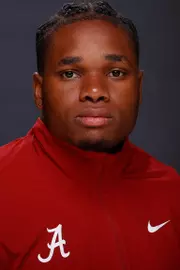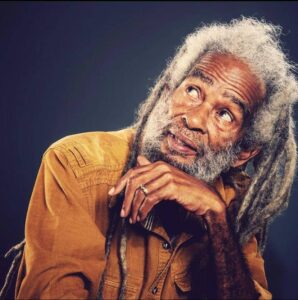
Gangs, gays, ganja and gender
POLICE Commissioner Owen Ellington has welcomed the passage of the Criminal Justice (Suppression of Criminal Organisations) Act, popularly called the Anti- Gang Bill, by the House of Representatives, and urged the Senate to follow suit.
“I am very encouraged by this movement of the Bill through the Lower House and I am just anticipating its passage through the Upper House (Senate), so that very shortly we can get this tool,” Ellington said a day after the Bill sailed through the House of Representatives with the full support of the Opposition last Tuesday.
It was not clear yesterday when the Senate would debate the Bill, but no one is expecting any obstacles to its passage on its way to becoming law when the governor general gives his assent, because of the clear bipartisan support.
Ellington made his comments in an interview with the Jamaica Observer in which he addressed issues dealing with gangs, gays, ganja and gender in the police force, alleged extra-judicial killings as well as calls for his resignation.
The full report of the interview will be published Wednesday, February 26, 2014 in the Observer.
He described the anti-gang law as a piece of legislation that looks at organised crime in all its elements: the formation of criminal groups, syndicates or gangs; recruitment into these; the criminal enterprises in which they engage; the methods that they use to conceal their crime and illgotten gains; the faciliators that they co-op, such as corrupt police persons, corrupt lawyers, corrupt accountants, bankers, real estate developers — “all the individuals who combine efforts in one way or the other to make criminal enterprises flourish and to escape the detection of law enforcement”.
“Gangs are just one component of the targets of the Bill. Why? Because the gangs are the violence producers. Organised crime syndicates who smuggle guns — the gangs are their primary markets.
Organised syndicates who smuggle ammunition — the gangs are their primary markets. Organised syndicates who engage in contract killings, kidnappings, etc — the gangs are their operational elements. Organised crime syndicates who engage in extortion/protection rackets — it is the gangs that they engage to intimidate and to kill and to enforce that code of silence at street level.
So you could never have a law targeting organised crime which does not pay attention to gangs as well. “It’s needed, it will make a difference. What we now have to do — and we have been tracking this all along — we will now have to fast-track the discussions we were having with the Office of the Director of Public Prosecutions.
We are going to be seeking guidance from the Attorney General’s Office to develop our training programme, our prosecutions investigations manual; identifying the various offences that are created by this statute, developing points to prove those offences so that when our investigators are doing investigative work they will know the points that have to be covered by facts or good evidence that can stand up in a court of law,” said Ellington.
“We are going to have to ramp up our internal training now. We are developing an internal protocol to require certain persons who are already trained and assigned to our proactive investigations teams in each division to be the lead on investigations of crimes under this law. At the headquarters level, it’s the Organised Crime Investigations Division which will have the lead,” he said.
The police commissioner noted that the Jamaica Constabulary Force had been recruiting and training staff in anticipation of the law.
“We are recruiting lawyers into the organisation. We have quite a number of police officers who are either completing law degrees or in law school now. They are coming back. They are going to be put through our high potential detective training programme. They are going into the Criminal Investigations Branch because we believe that these complex investigations require skills beyond what can be normally taught at the police training college,” he added.
























